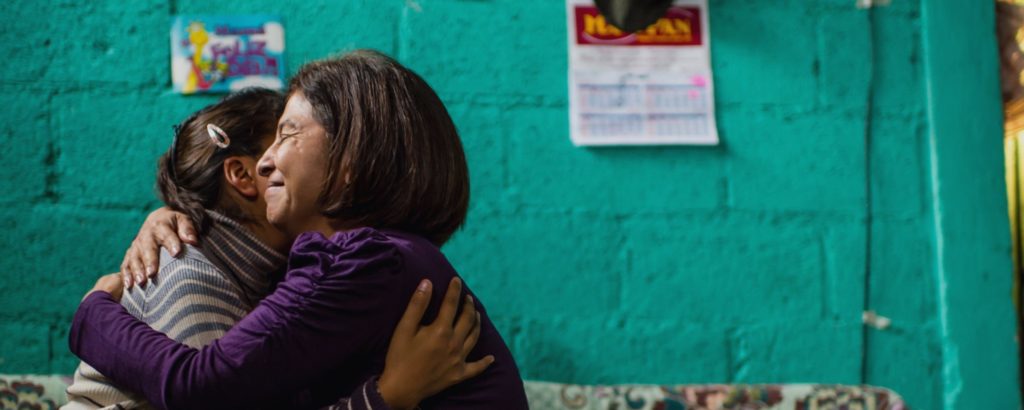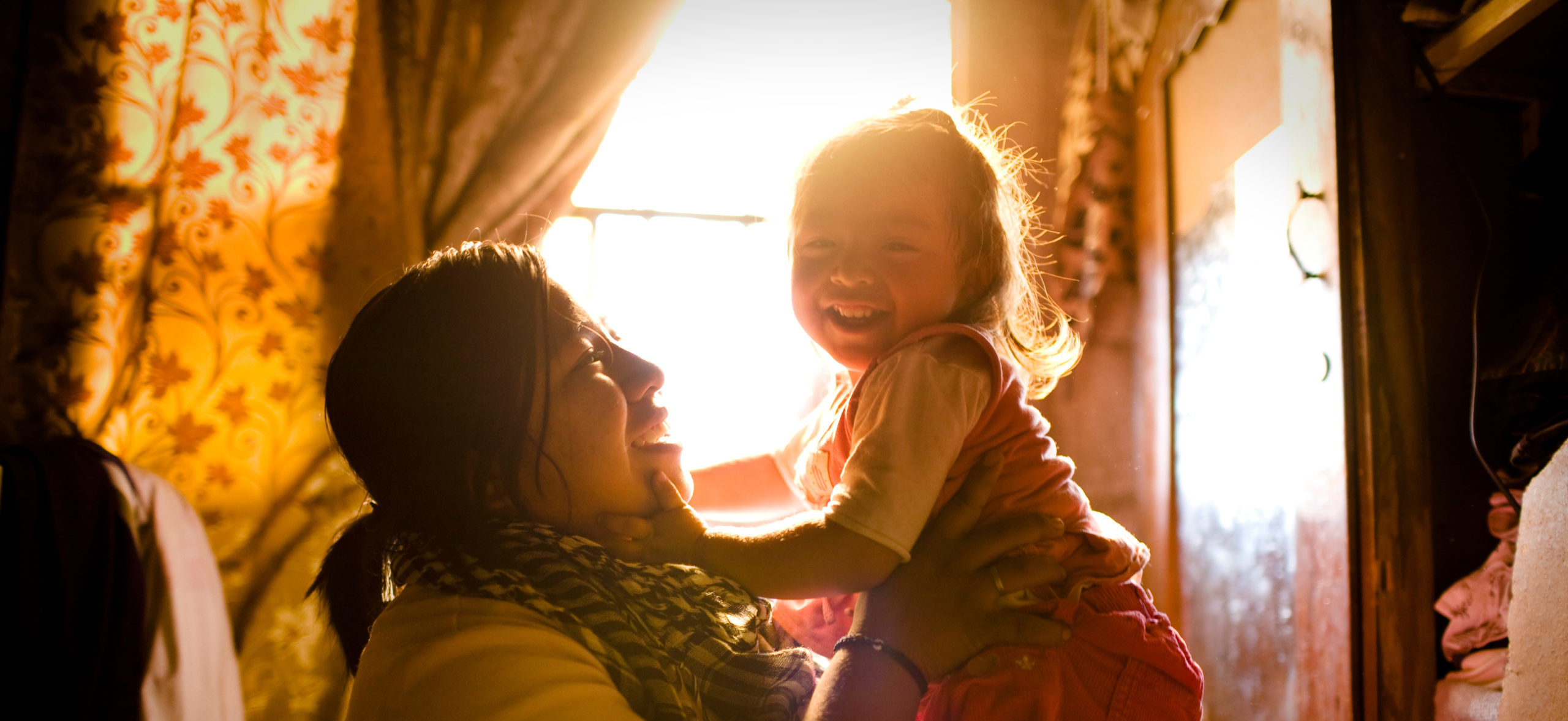
Sexual Violence Against Children
Sexual violence affects millions around the world, and children in poor countries are some of the most vulnerable.

They are at risk in their homes, schools and in their communities. But, with no money for a lawyer, it’s harder for impoverished children and their families to get justice.
In many places, there is no meaningful justice system response to sexual violence against children. Police are often untrained on investigations, and courts don’t protect children during the intense trial process. As a result, rapists know they can target children without fear of the law.
Now is the very best time to join the fight.
You can send rescue by giving S$35 (US$25) or more every month. you will not only rescue slaves-you will also walk with them untill they are fully restored.
© 2022 – 2023 INTERNATIONAL JUSTICE MISSION SINGAPORE (IJM SG LTD, UEN 202239409N)
© 1997 – 2023 INTERNATIONAL JUSTICE MISSION is a 501(c)3 organisation.
